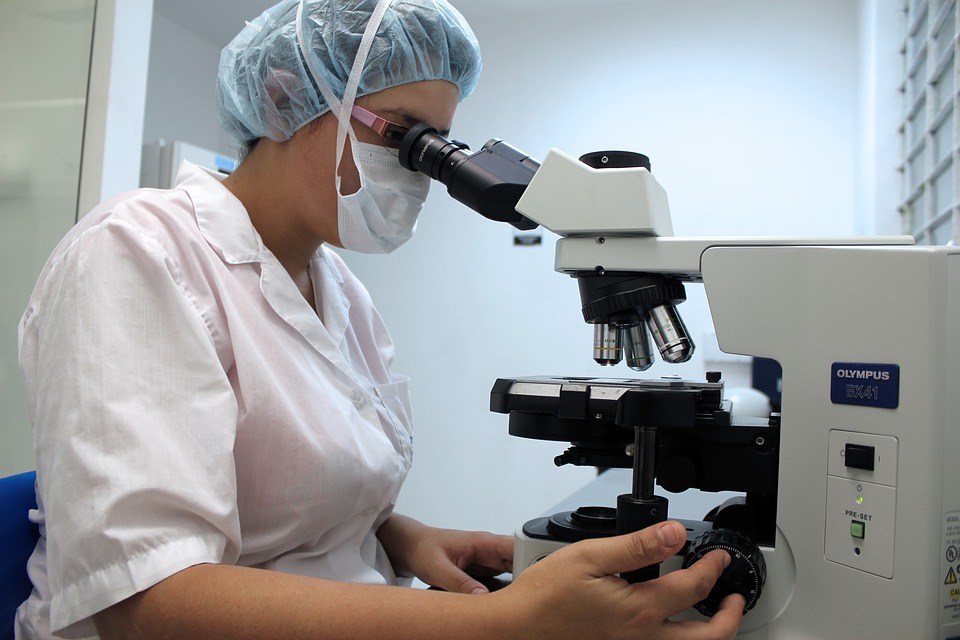The realm of scientific discovery never ceases to amaze, with breakthroughs and advancements that continually push the boundaries of our understanding. The past few years have been particularly fruitful, with a slew of exciting scientific discoveries that promise to reshape various fields. From the depths of space to the intricacies of human biology, these discoveries not only captivate our imagination but also pave the way for future innovations.
Groundbreaking Scientific Discoveries to Monitor
One of the most exhilarating areas of scientific discovery is in the field of astronomy. The recent launch of the James Webb Space Telescope has opened a new chapter in our exploration of the universe. This powerful instrument is already delivering stunning images and data that could reveal the origins of galaxies, stars, and planets. The telescope’s ability to observe the cosmos in unprecedented detail is expected to lead to significant breakthroughs in our understanding of the universe’s formation and evolution.
The Unveiling of New Exoplanets
The search for exoplanets—planets orbiting stars outside our solar system—has taken a giant leap forward. Advanced telescopes and detection methods have enabled scientists to discover thousands of these distant worlds. Recently, researchers have identified several exoplanets located in the habitable zones of their respective stars, where conditions might be right for life. This exciting development raises the tantalizing possibility of discovering extraterrestrial life forms or at least understanding the potential for life beyond Earth.

Revolutionary Advances in Genetics
In the realm of genetics, the CRISPR-Cas9 gene-editing technology continues to revolutionize our approach to genetic diseases. Researchers are making significant strides in using this tool to correct genetic mutations responsible for a variety of inherited disorders. Early clinical trials have shown promise, with some patients experiencing remarkable improvements in their conditions. This breakthrough not only offers hope for treating previously untreatable diseases but also opens the door to potential enhancements in human health and longevity.
Breakthroughs in Quantum Computing
Quantum computing is another field where exciting advancements are unfolding. Unlike classical computers, quantum computers leverage the principles of quantum mechanics to perform complex calculations at unprecedented speeds. Recently, researchers have achieved several milestones in developing more stable and scalable quantum processors. These breakthroughs could revolutionize fields such as cryptography, material science, and artificial intelligence by solving problems that are currently intractable for classical computers.
Here are some key points to highlight:
- The James Webb Space Telescope’s potential to revolutionize our understanding of the universe.
- The discovery of habitable exoplanets and the quest for extraterrestrial life.
- The transformative impact of CRISPR-Cas9 gene editing on genetic diseases.
- The rapid advancements in quantum computing technology.
Innovations in Renewable Energy
As the world grapples with the challenges of climate change, innovations in renewable energy are more critical than ever. Recent advancements in solar and wind technologies have significantly improved their efficiency and affordability. Scientists are also exploring new materials and methods for energy storage, such as advanced battery technologies, which are crucial for the widespread adoption of renewable energy sources. These developments are set to transform the global energy landscape and contribute to a more sustainable future.
The Rise of Sustainable Agriculture
Sustainable agriculture is another area where scientific discoveries are making a profound impact. Researchers are developing new farming techniques and crop varieties that are more resilient to changing climate conditions. Innovations such as precision agriculture, which uses data and technology to optimize crop yields and reduce waste, are helping farmers produce more food with fewer resources. These advancements not only enhance food security but also reduce the environmental footprint of agriculture.
Exploring the Deep Sea
The deep sea remains one of the least explored frontiers on Earth. Recent scientific expeditions have uncovered a wealth of new species and ecosystems in the ocean’s depths. These discoveries are providing valuable insights into the biodiversity and ecological dynamics of the deep sea. Additionally, researchers are investigating the potential of deep-sea resources, such as minerals and bioactive compounds, which could have significant applications in medicine, industry, and technology.
The Future of Artificial Intelligence
Artificial intelligence (AI) continues to evolve at a rapid pace, with new applications emerging across various sectors. Recent advancements in machine learning and neural networks have enabled AI systems to perform tasks that were once considered the exclusive domain of humans. From self-driving cars to advanced medical diagnostics, AI is transforming industries and enhancing our ability to solve complex problems. The future of AI holds tremendous promise, with ongoing research aimed at making these systems more efficient, transparent, and ethical.
In conclusion, the landscape of scientific discovery is rich with exciting developments that hold the promise of transforming our world. From exploring the far reaches of space to unraveling the mysteries of our genetic code, these breakthroughs are pushing the boundaries of what we thought was possible. As we continue to innovate and explore, the potential for new discoveries remains boundless, offering a glimpse into a future filled with endless possibilities.
